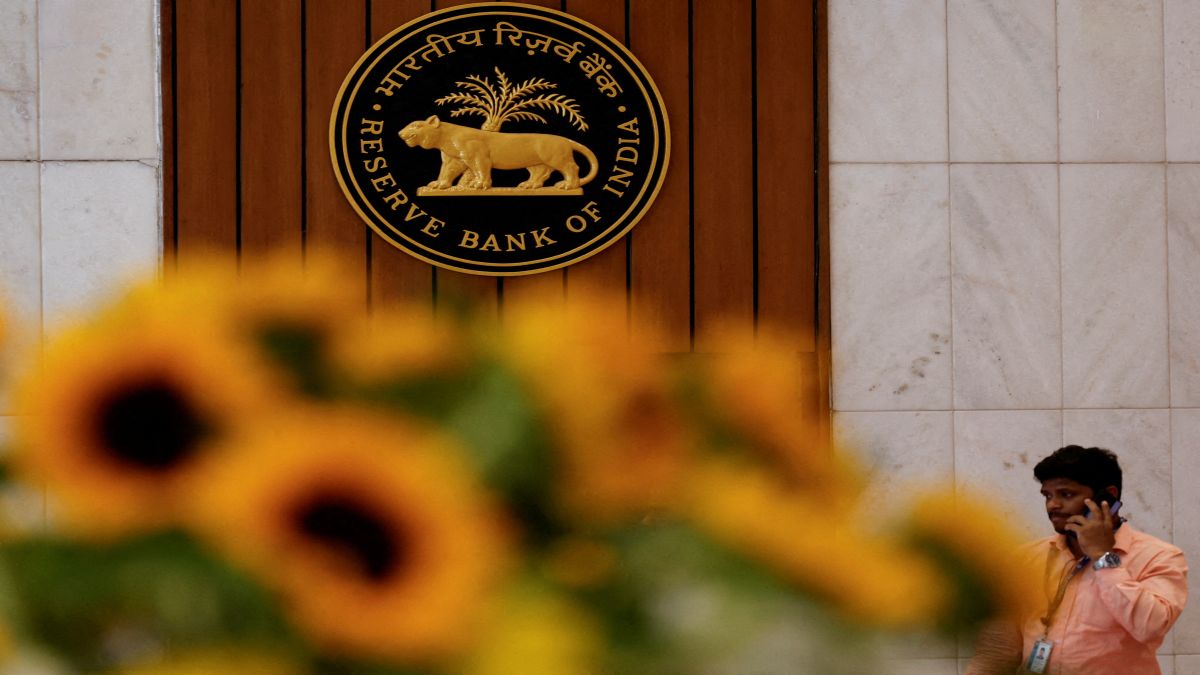The Reserve Bank of India will transfer a record Rs 2.7 lakh crore to the government as a dividend for the current financial year. The amount has surpassed what it gave to the government last year, which was Rs 2.1 lakh crore and even the Centre’s budget estimate. The government was initially projected to receive 2.6 lakh crore dividend from RBI, state banks and financial institutions for FY26, The Times of India reported.
The increase in dividends reflects the cautious approach the central bank is taking amid global economic uncertainties and rising concerns over domestic financial stability. The higher-than-expected payout will help the RBI to bring down its rates. Meanwhile, analysts are expecting the yield on government bonds to come down further.
Experts noted that the actual profit incurred may have been higher as the RBI raised the contingency risk buffer to 7.5% from 6.5% a year ago. Higher income from foreign exchange sales, improved returns on overseas assets, and gains from liquidity operations also resulted in a rise in dividends.
Experts raise concerns
Aditi Nayar, chief economist at ICRA, told The Times of India that “RBI’s dividend exceeds budget assumptions by around Rs 40,000 crore to Rs 50,000 crore, or 11-14 basis points of GDP. This offers a cushion for the govt to absorb lower-than-expected tax or disinvestment receipts, or to manage additional spending”.
Nayar noted that the revised nominal GDP figure for FY25 suggests that even with lower expected growth of 9 per cent in FY26-compared with the budgeted 10.1 per cent, the fiscal deficit-to-GDP ratio can still stand at 4.4 per cent. This would allow for a slippage of around Rs 30,000 crore without breaching the target.
It is pertinent to note that the RBI is still choosing to hold back on a portion of its earnings. Meanwhile, Madan Sabnavis, chief economist at Bank of Baroda, told TOI that the amount may offset possible shortfalls in customs duties due to reduced tariffs, weaker tax inflows from slower nominal GDP growth, or unexpected defence expenditure.
Impact Shorts
More ShortsSabnavi also made it clear that while the dividend would provide near-term relief to the government, it is something which would not be repeated annually, since such high trasfers are not sustainable in the future.
)